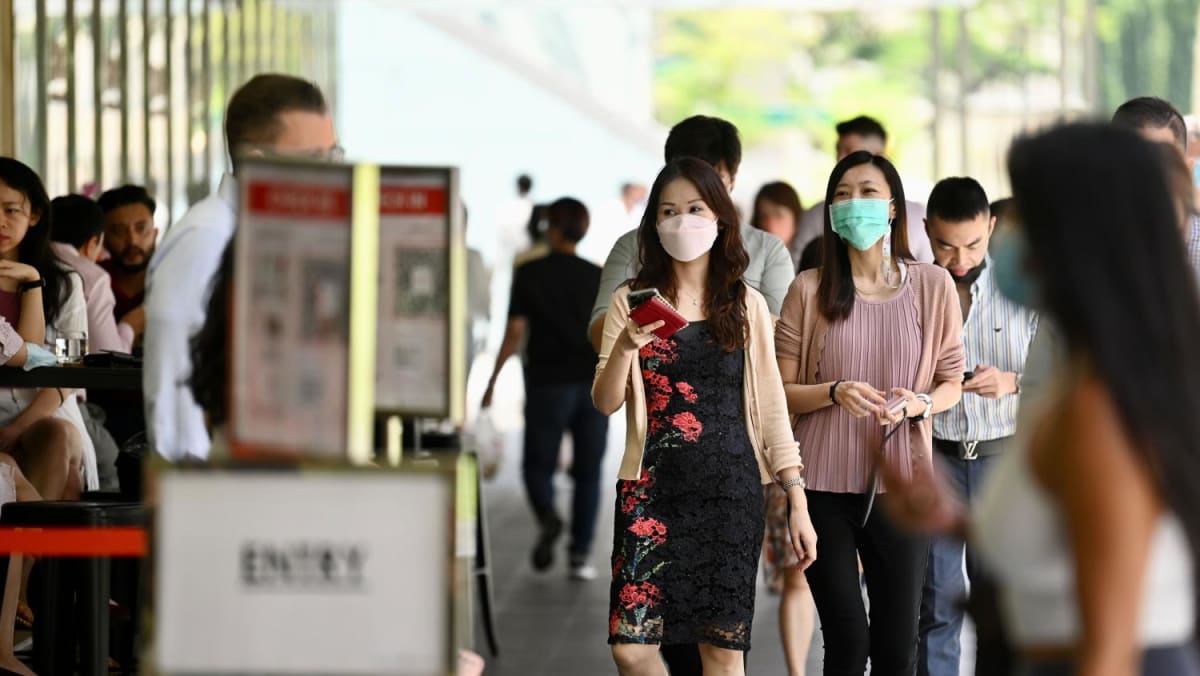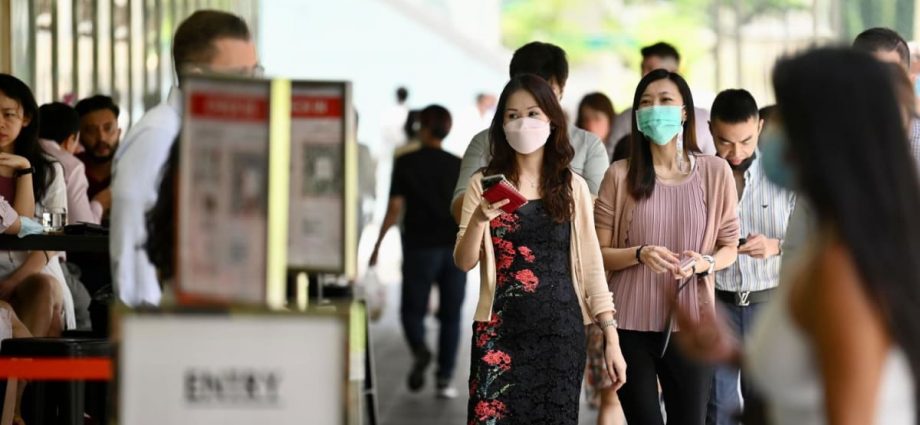
OUTBREAK IN DORMITORIES
The outbreak in migrant worker dormitories grew acute from April to August 2020, with hundreds of new cases reported every day.
By the end of 2020, nearly half of about 300,000 workers living in dormitories had been infected. There were two fatalities.
This was a “crisis within a crisis” and the early precautions taken in dormitories were insufficient, the review concluded.
“Given the communal living environment, the dormitory outbreak had every possibility of becoming a major disaster. We should have probed deeper and conducted better and earlier ground surveillance, such as by doing dipstick testing on sample populations to make the most of limited testing resources.”
When the first dormitory case was detected in February 2020, the Government followed procedures instituted after the severe acute respiratory syndrome (SARS) outbreak in 2003.
Aside from the prevailing view that asymptomatic transmission was not possible, the Government also lacked a consolidated picture of migrant workers who had sought treatment from different service providers for acute respiratory infection symptoms.
“Without a clear picture of the health risks, we were unable to justify taking the drastic step to restrict movements from and within dormitories,” stated the White Paper.
The Government was also hampered by the limited testing capability at the time and the lack of integrated access to migrant workers’ health records.
“We could not track the outbreak in a comprehensive and timely way. This hampered our ability to identify and isolate infected individuals before they infected others,” the review stated.
The outbreak in dormitories was eventually contained after testing capacity was ramped up and quarantine facilities were set up.
A “difficult judgment call” then had to be made about relaxing movement restrictions in dormitories. The review found that after most workers were vaccinated and boosted, some restrictions could have been eased earlier.
The Government acted with an “abundance of caution”, but extended restrictions took a toll on workers’ mental well-being, it noted.
The need to maintain more reliable and accurate information on the migrant worker community outside of a crisis, and more comprehensive medical support for migrant workers were the key takeaways from this experience.

